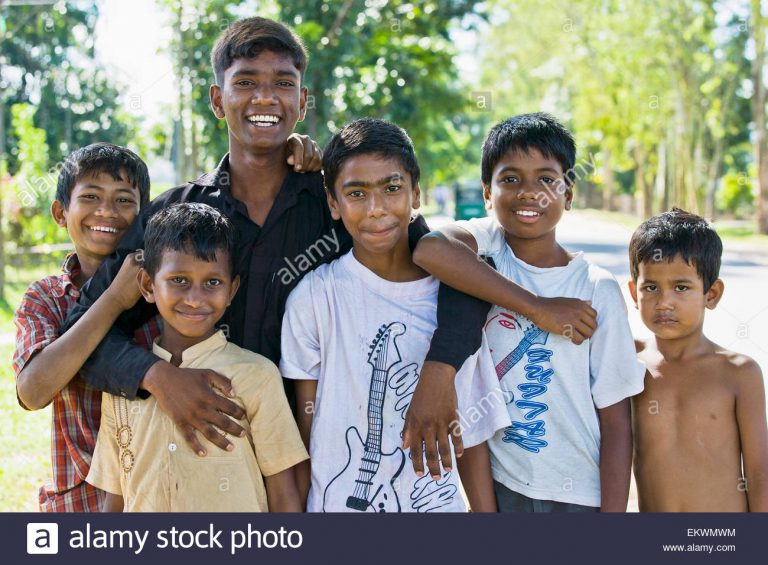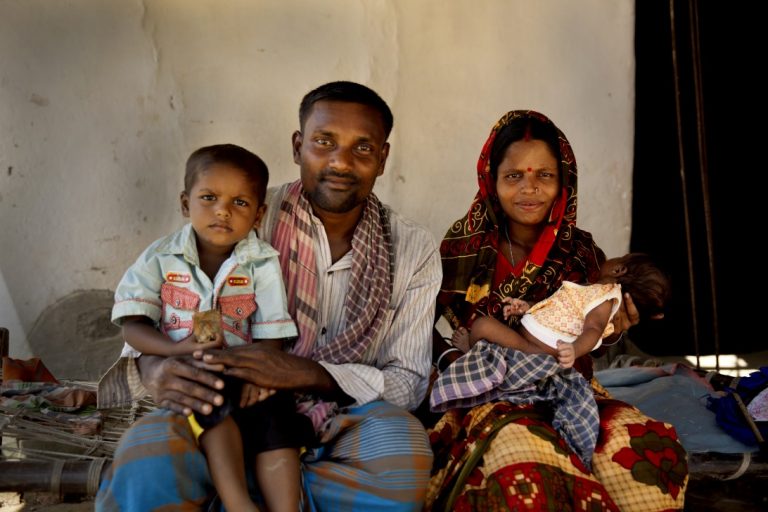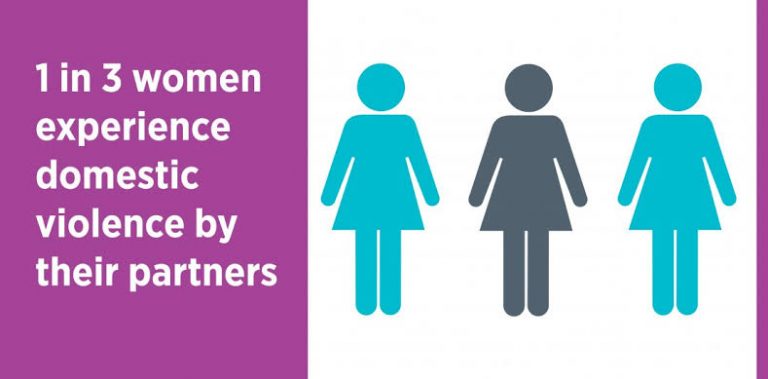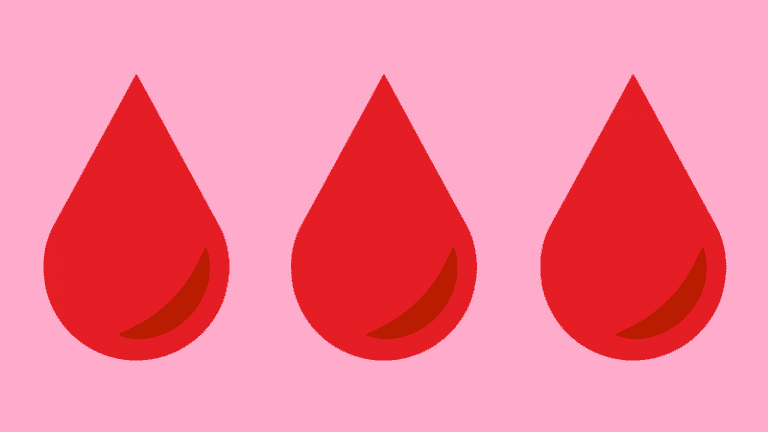
Health care practices of slum dweller adolescent girls in Bangladesh: The case of Sylhet city
The aim of the paper is to know the health care practices of adolescent girls living in the slum areas of Sylhet city, Bangladesh, understand their health and hygiene issues including … Read More »

Enhancing the Knowledge and Behaviors of Fieldworkers to Promote Family Planning and Maternal, Newborn, and Child Health in Bangladesh Through a Digital Health Training Package
Community health workers, also known as fieldworkers (FWs), are frontline health-care providers in Bangladesh, where unmet need in family planning outcomes related to maternal and child health are high. A digital … Read More »

Intimate partner violence and depression in rural Bangladesh: Accounting for violence severity in a high prevalence setting
Intimate partner violence (IPV) against women is highly prevalent globally, and is associated with adverse health outcomes, including depression. Though women living in low- and middle-income countries (LMICs) face a larger … Read More »

Women’s microfinance participation and HIV literacy in Bangladesh: results from a nationally representative study
This study evaluated the association between microfinance participation and HIV literacy within a nationally representative sample of 3,614 married women aged 15–49 years from the Bangladesh Demographic and Health Survey, 2011. Using … Read More »

Knowledge of Menstruation and the Practice of Hygiene among Adolescent Girls in Bangladesh
Background: Menstruation is a normal physiological phenomenon which is unique to female and a healthy normal, mature process for adolescent girls. Menstrual hygiene is therefore an essential part of basic hygienic … Read More »

Reproductive health and desire for children among young female sex workers in Bangladesh brothels
Globally, reproductive health research among female sex workers (FSWs) often focuses on pregnancy prevention, but many women who sell sex aspire to have children in the future. In Bangladesh, where early … Read More »

My Choice: Women’s Contraceptive-Use Autonomy in Bangladesh
Using a nationally representative household survey for two cohorts of married women, this study examines women’s contraceptive-use autonomy (CUA) incidence and correlates in Bangladesh, focusing on the role of education. Previous … Read More »

The unforeseen psychological, behavioral and physiological complications associated with intra uterine device use contraceptions
An earlier retrospective cohort study from Bangladesh (n = 330) reports 47.3% of women discontinued the IUD by 1 year after insertion; discontinuation was associated with menstrual bleeding, doubling of menstrual days, blood … Read More »

KNOWLEDGE LEVEL IN HIV/AIDS AMONG ADOLESCENT GIRLS
Adolescence is one of the most crucial periods in the life of an individual (especiallygirls) with changes occurring in their physical, biological and emotional aspects. Unlikeolder adults and boys, the adolescent … Read More »

Maternal Mortality: Levels and Trends
In anticipation of the launch of the Sustainable Development Goals, the World Health Organization (WHO) and partners released a consensus statement and full strategy paper on ending preventable maternal mortality (EPMM). … Read More »
